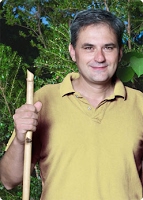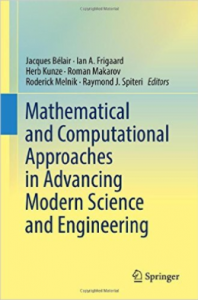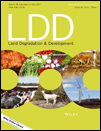 It’s been a mixed year for Wiley’s Land Degradation & Development.
It’s been a mixed year for Wiley’s Land Degradation & Development.
Following accusations of citation irregularities at the journal (whose its Impact Factor rose dramatically from 3.089 in 2014 to 8.145 in 2015), its editor was asked to resign. Another editor resigned shortly after.
But last week, Clarivate Analytics named the journal among the top 10 in the field of climate change, as part of its annual Journal Citation Reports.
The annual report also lists a number of journals that have been suppressed from Clarivate’s analysis “due to anomalous citation patterns;” Land Degradation & Development is not listed among the 13 journals this year.
A spokesperson for Clarivate told us:
Continue reading Journal hit by citation scandal named among top in field
 A top federal U.S. court has confirmed a decision by the National Science Foundation (NSF) to
A top federal U.S. court has confirmed a decision by the National Science Foundation (NSF) to  Despite continuing to vigorously defend their work, the authors of a controversial paper about the effects of human pollution
Despite continuing to vigorously defend their work, the authors of a controversial paper about the effects of human pollution 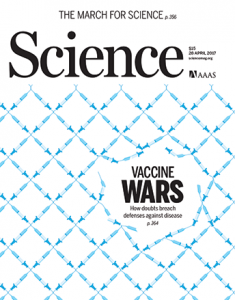
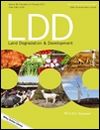 Another editor has resigned from an earth science journal following allegations over citation irregularities, which also took down its editor-in-chief.
Another editor has resigned from an earth science journal following allegations over citation irregularities, which also took down its editor-in-chief.